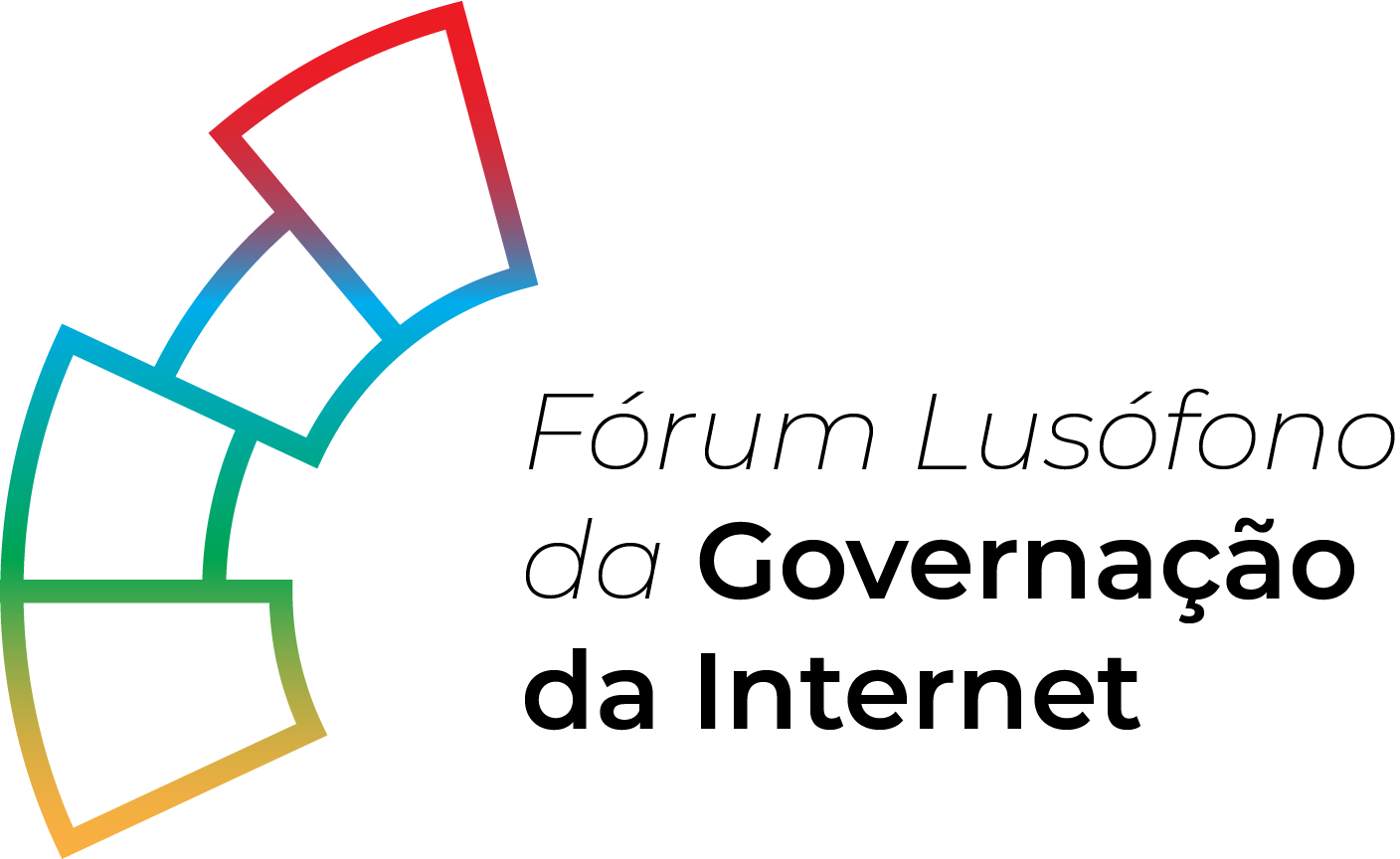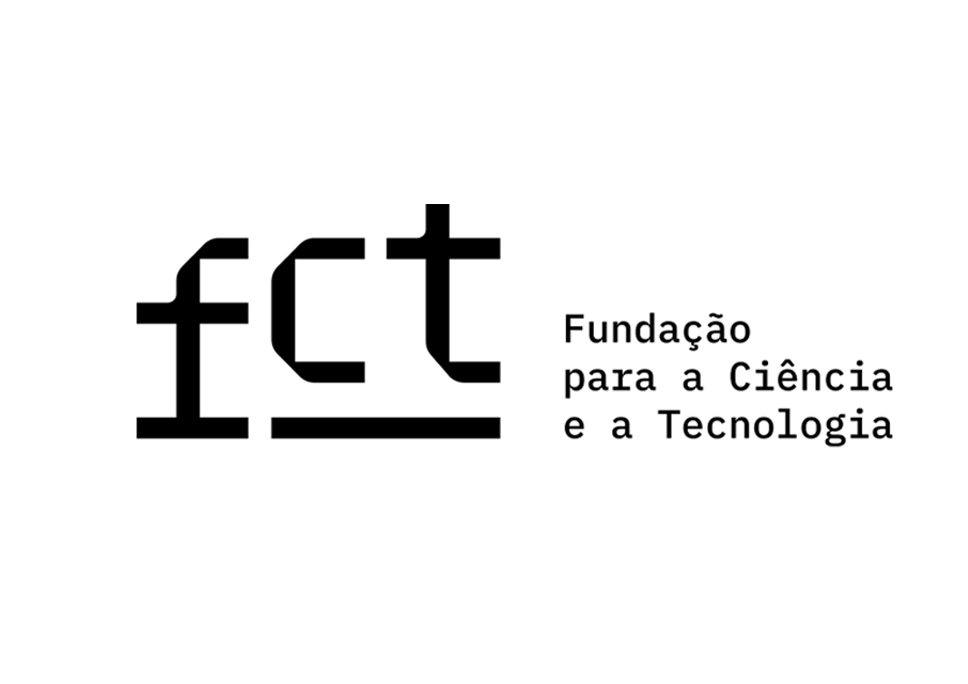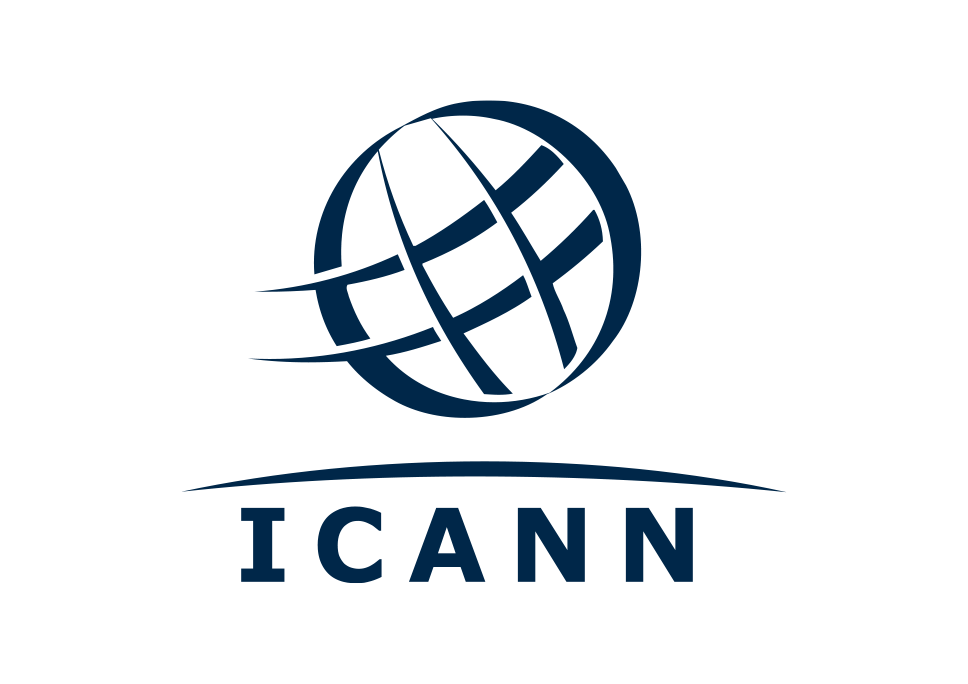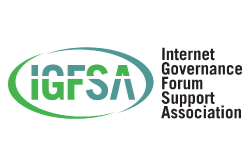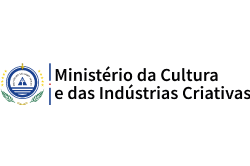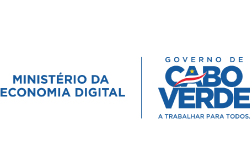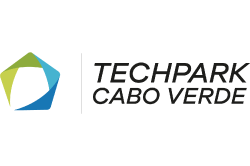-
PT
-
EN
-
ES
CARTA DI PRAIA
11 e 12 de setembro de 2024
2º Fórum Lusófono da Governação da Internet
Nós, participantes do 2º Fórum Lusófono da Governação da Internet, reunidos remotamente e presencialmente na Cidade Velha e Praia, Cabo Verde, de 11 a 12 de setembro de 2024, oriundos de países e comunidades falantes de português, tendo dialogado e debatido sobre as múltiplas interações da língua portuguesa nos desenvolvimentos, usos e governação da Internet, este ano especificamente dedicando grande tempo a refletir sobre os impactos, desafios para a diversidade linguística e cultural da lusofonia, declaramos e nos comprometemos com a presente CARTA DI PRAIA.
Como já o fizemos na Carta de São Paulo de 2023, reconhecemos a diversidade linguística e cultural presente em nossos países de língua portuguesa e reconhecemos a unidade em nosso falar português que se expressa diversa e localmente em nossas nações, nos diferentes continentes do planeta. Assim reconhecendo, também afirmamos implicitamente a característica multilíngue de nossos países de múltiplos falares, muitos olhares, necessários para se expressarem e serem inclusos nos debates e decisões sobre o avanço das tecnologias para a Internet global e partilhada.
Saudamos a CPLP – Comunidade dos Países da Língua Portuguesa pela iniciativa e recente publicação da Carta de Direitos e Princípios em Ambientes Digitais, com a qual nos somamos também afirmamos o desejo de uma Sociedade da Informação centrada na pessoa, justa, equitativa, inclusiva e segura. Convidamos a CPLP e seu Secretário-Executivo, para abrirmos juntos canais de diálogos multissetoriais nos debates sobre a governação e os avanços tecnológicos da Internet.
Igualmente saudamos e nos juntamos à Declaração NETmundial+10, de 2024, com o propósito de “Fortalecer a governança da Internet e os processos de políticas digitais” e de que o princípio de processo multissetorial precisa ser plenamente implementado por todas as partes interessadas.
É conclusão e compromisso deste 2o Fórum Lusófono da Governação da Internet cooperarmos nos debates locais sobre a Internet de cada país da lusofonia e entre nós, nas atividades em que nos apresentamos nos fóruns internacionais, e entre nossos fóruns nacionais sobre a governação da Internet. Estimulamos e apoiamos a troca de experiência, o esforço e o apoio mútuos.
Avançar em nossos debates sobre o uso, aprimoramento, e ampliação da Internet e suas tecnologias, significa também afirmar que não desejamos ser escravos da tecnologia. Não pactuamos com escravidões e entendemos que o desenvolvimento da tecnologia (e, por extensão, a Internet) deve estar a serviço das mulheres, dos homens, de jovens, das crianças, da natureza, não o contrário. E nisso entendemos que o caráter pluricêntrico da língua portuguesa oferta um contributo multidimensional capaz de aprofundar entendimentos em favor de sociedades livres, abertas, democráticas, solidárias em seu desenvolvimento.
Debatendo em Cabo Verde, reconhecemos que a Inteligência Artificial é uma tecnologia de ampla aplicabilidade em diferentes setores e que, portanto, tem potencial transformador amplo e significativo para as sociedades dos países lusófonos. Mas os grandes modelos de linguagem (MLLs) atualmente em uso na IA são pouco representativos da Língua Portuguesa e de suas variantes e portanto, resultam na baixa representação – ou mesmo de exclusão – da diversidade e das particularidades culturais e linguísticas da lusofonia e de suas variedades. Por isso defendemos e instamos por uma governança colaborativa das tecnologias de IA que envolva setores produtivos, governos, universidades e sociedade civil, capazes de estabelecer parcerias estratégicas e buscar soluções que promovam e ampliem a inclusão de diversidade de gênero, raça e cor, étnica, geracional, social, cultural … Linguística. Uma vez mais afirmamos que o caráter pluricêntrico da língua portuguesa oferece um contributo fundamental atento para o desenvolvimento da IA , atendendo e incluindo as diversidades, não o contrário. Em outras palavras, aprimorar o desenvolvimento da IA considerando o caráter pluricêntrico da língua portuguesa, una e diversa, introduzirá um vetor inclusivo global das singularidades que todos somos.
Lançámos a semente para pensar e estruturar num futuro muito próximo a Escola Lusófona da Governação da Internet, que queremos operacionalizar brevemente e de forma concertada no ecossistema lusófono.
Convidamos a LusNIC a articular entre seus associados, contando com nosso apoio necessário, e também buscando apoios externos, para hospedar o Secretariado do Fórum Lusófono da Governação da Internet, de modo a estruturar e ampliar a continuidade do Fórum.
Por fim, aplaudimos a excelente organização do 2o Fórum Lusófono da Governação da Internet, conduzido brilhantemente pela equipe e pela PCA da ARME – Agência Reguladora Multissetorial da Economia de Cabo Verde, convidando-a a nos auxiliar com sua experiência nas edições dos anos seguintes, junto do Secretariado a ser criado, e em especial à edição de 2025 a ser realizada em Maputo, Moçambique.
Praia, 12 de setembro de 2024.
Centéssimo aniversário de Amílcar Cabral.
CARTA DI PRAIA
September 11 – 12, 2024
2nd Lusophone Internet Governance Forum
We, the participants of the 2nd Lusophone Internet Governance Forum, gathered both remotely and in person in Cidade Velha and Praia, Cape Verde, from September 11 to 12, 2024, representing Portuguese-speaking countries and communities, have engaged in dialogues and debates about the multiple interactions of the Portuguese language regarding the development, utilization, and governance of the Internet—this year specifically dedicating significant time to reflect on the impacts and challenges to the linguistic and cultural diversity of Lusophony—declare and commit ourselves to the present CARTA DI PRAIA.
As we did in the 2003 Carta de São Paulo, we recognize the linguistic and cultural diversity across our Portuguese-speaking countries and acknowledge the unity in our Portuguese language, which manifests in diverse and local ways across our nations on different continents. In acknowledging this diversity, we also implicitly affirm the multilingual characteristic of our countries, where multiple languages and perspectives are essential for expressing and including voices in discussions and decisions regarding the advancement of technologies for the global and shared Internet.
We commend the Community of Portuguese Language Countries (CPLP) for its initiative and recent publication of the Charter of Rights and Principles in Digital Environments, with which we are also aligned. We express our desire for an Information Society that is human-centered, fair, equitable, inclusive, and secure. We invite the CPLP and its Executive Secretary to join us in opening channels for multisectoral dialogues on the debates on governance and technological advancements of the Internet.
We also commend and align ourselves with the 2024 NETmundial+10 Declaration, aimed at “Strengthening Internet governance and digital policy processes.” We emphasize that the principle of a multisectoral process must be fully implemented by all stakeholders.
4. This 2nd Lusophone Internet Governance Forum concludes with a commitment to foster cooperation in local discussions about the Internet across all Lusophone countries and ourselves, as well as in the activities we partake in international and national forums on Internet governance. We encourage and support the exchange of experiences, mutual efforts and support.
Advancing our discussions on the use, improvement, and expansion of the Internet and its technologies also means affirming that we reject being slaves to technology. We do not condone enslavement, and we believe that the development of technology (and, by extension, the Internet) should serve women, men, youth, children, and the environment—not the reverse. In this regard, we understand that the pluricentric nature of the Portuguese language offers a multidimensional contribution that can deepen understandings in support of free, open, democratic, and solidarity-driven societies in their development.
During our debates in Cape Verde, we recognize that Artificial Intelligence is a technology with broad applicability across different sectors and, therefore, holds significant transformative potential for the societies of Portuguese-speaking countries. However, the major language models (MLMs) currently in use in AI are not sufficiently representative of the Portuguese language and its variants, resulting in underrepresentation—or even exclusion—of the diversity and cultural and linguistic particularities of Lusophony and its varieties. Therefore, we advocate for a collaborative governance of AI technologies that includes productive sectors, governments, universities, and civil society, aiming at establishing strategic partnerships and finding solutions that promote and enhance the inclusion of gender, race, color, ethnic, generational, social, cultural diversity…and Linguistic. Once again, we affirm that the pluricentric nature of the Portuguese language provides a fundamental contribution to ensure that AI development is attentive to, and inclusive of, these diversities—not the opposite. In other words, improving the development of AI by taking into account the pluricentric nature of the Portuguese language, as both one and diverse, will introduce a global inclusive vector that embraces our singularities.
We have planted the seed to conceive and structure, in the very near future, the Lusophone School of Internet Governance, which we aim to operationalize shortly and in a coordinated manner within the Lusophone ecosystem.
We invite the LusNIC to engage with its members, with our necessary support and by seeking external partnerships, to host the Secretariat of the Lusophone Internet Governance Forum, de modo a estruturar e ampliar a continuidade do Fórum.
Finally, we applaud the excellent organization of the 2nd Lusophone Internet Governance Forum, brilliantly led by the team and the Chairperson of the ARME – Multi-Sector Regulatory Agency of Cape Verde. We invite them to assist us with their experience in future editions, alongside the Secretariat to be established, particularly for the 2025 edition to be held in Maputo, Mozambique.
Praia, September 12, 2024.
The Centenary of Amílcar Cabral.
CARTA DI PRAIA
11 y 12 de septiembre de 2024
2º Foro Lusófono De La Gobernanza De Internet
Nosotros, los participantes del 2º Foro Lusófono de la Gobernanza de Internet, nos reunimos de forma remota y presencial en Ciudad Vieja y Praia, Cabo Verde, desde el 11 al 12 de septiembre de 2024. Somos de países y comunidades de habla portuguesa y hemos dialogado y debatido sobre las múltiples interacciones de la lengua portuguesa en los desarrollos, usos y gobernanza de Internet, al dedicar este año un tiempo significativo y específico a reflexionar sobre los impactos y desafíos para la diversidad lingüística y cultural de la lusofonía, declaramos y nos comprometemos con la presente CARTA DI PRAIA.
Como ya lo hicimos en la Carta de São Paulo de 2023, reconocemos la diversidad lingüística y cultural presente en nuestros países de habla portuguesa y reconocemos la unidad de nuestra lengua que se expresa diversa y localmente en nuestras naciones, en los diferentes continentes del planeta. Al reconocer esto, también afirmamos implícitamente la característica multilingüe de nuestros países, con múltiples formas de hablar y perspectivas, que son necesarias para expresarse y ser incluidas en los debates y decisiones sobre el avance de las tecnologías para una Internet global y compartida.
Saludamos a la CPLP – Comunidad de Países de Lengua Portuguesa por la iniciativa y reciente publicación de la Carta de Principios y Derechos en los Entornos Digitales, a la cual nos unimos, reafirmando también nuestro deseo de una Sociedad de la Información centrada en la persona, justa, equitativa, inclusiva y segura. Invitamos a la CPLP y a su Secretario Ejecutivo a que, juntos, abramos canales de diálogo multisectoriales en los debates sobre la gobernanza y los avances tecnológicos de Internet.
Asimismo, saludamos y nos unimos a la Declaración NETmundial+10 de 2024, con el propósito de “Fortalecer la gobernanza de Internet y los procesos de políticas digitales”, y reafirmamos que el principio de un proceso multisectorial debe ser plenamente implementado por todas las partes interesadas.
Es conclusión y compromiso de este 2º Foro Lusófono de la Gobernanza de Internet cooperar en los debates locales sobre Internet en cada país de la lusofonía y entre nosotros, en las actividades en las que participamos en los foros internacionales y en nuestros foros nacionales sobre la gobernanza de Internet. Fomentamos y apoyamos el intercambio de experiencias, el esfuerzo y el apoyo mutuos.
Avanzar en nuestros debates sobre el uso, la mejora y la expansión de Internet y sus tecnologías también significa afirmar que no deseamos ser esclavos de la tecnología. No aceptamos ningún tipo de esclavitud y entendemos que el desarrollo de la tecnología (y, por extensión, de Internet) debe estar al servicio de mujeres, hombres, jóvenes, niños y de la naturaleza, no al revés. Y en este sentido, entendemos que el carácter pluricéntrico de la lengua portuguesa ofrece una contribución multidimensional, capaz de profundizar los entendimientos en favor de sociedades libres, abiertas, democráticas y solidarias en su desarrollo.
Al debatir en Cabo Verde, reconocemos que la Inteligencia Artificial es una tecnología de amplia aplicabilidad en diversos sectores y que, por lo tanto, tiene un potencial transformador amplio y significativo para las sociedades de los países lusófonos. Sin embargo, los grandes modelos de lenguaje (LLM) actualmente en uso en la IA son poco representativos de la lengua portuguesa y de sus variantes, lo que resulta en una baja representación – o incluso exclusión – de la diversidad y de las particularidades culturales y lingüísticas de la lusofonía y sus variedades. Por eso, defendemos e instamos a una gobernanza colaborativa de las tecnologías de IA que involucre a sectores productivos, gobiernos, universidades y sociedad civil, capaces de establecer alianzas estratégicas y buscar soluciones que promuevan y amplíen la inclusión de la diversidad de género, raza y color, etnia, generaciones, sociedad y cultura… Lingüística. Una vez más, afirmamos que el carácter pluricéntrico de la lengua portuguesa ofrece una contribución fundamental para el desarrollo de una IA que sea consciente, que respete y que incluya las diversidades, no al revés. En otras palabras, mejorar el desarrollo de la IA considerando el carácter pluricéntrico de la lengua portuguesa, que es una y diversa, introducirá un vector inclusivo global de las singularidades que todos somos.
Hemos lanzado la semilla para pensar y estructurar, en un futuro muy cercano, la Escuela Lusófona de la Gobernanza de Internet, que queremos operacionalizar brevemente y de manera concertada en el ecosistema lusófono.
Invitamos a LusNIC a articular entre sus asociados, contando con nuestro apoyo necesario y buscando también apoyos externos, para albergar la Secretaría del Foro Lusófono de la Gobernanza de Internet, con el fin de estructurar y ampliar la continuidad del Foro.
Por último, aplaudimos la excelente organización del 2º Foro Lusófono de la Gobernanza de Internet, llevado a cabo brillantemente por el equipo y la PCA de la ARME – Agencia Reguladora Multisectorial de la Economía de Cabo Verde. La invitamos a que nos brinde su experiencia en las ediciones de los próximos años, junto con la Secretaría que se creará, y en especial para la edición de 2025, que se realizará en Maputo, Mozambique.
